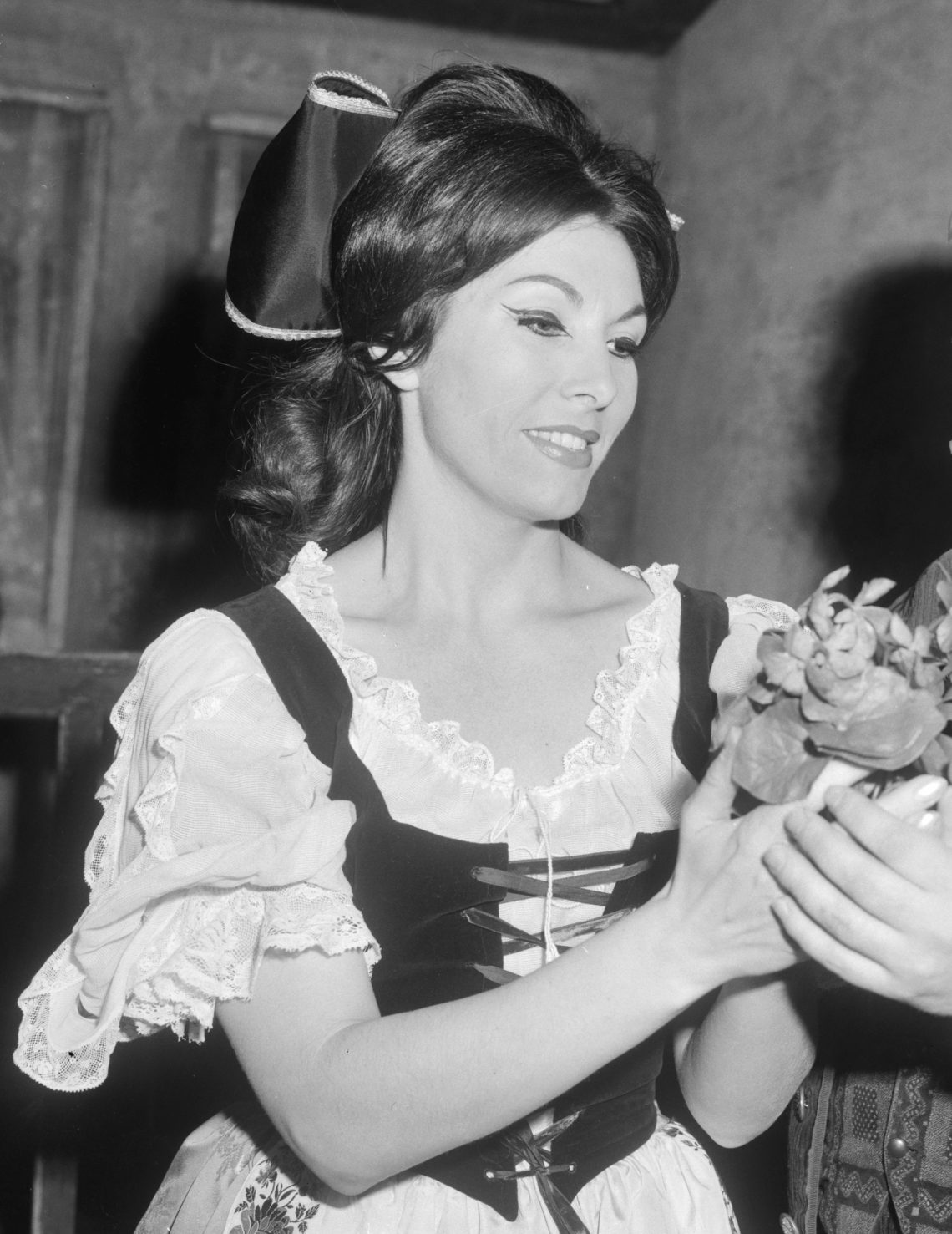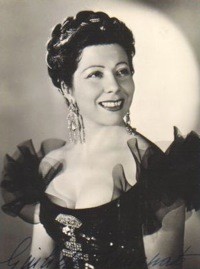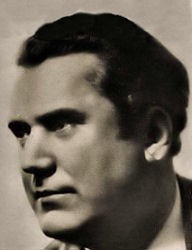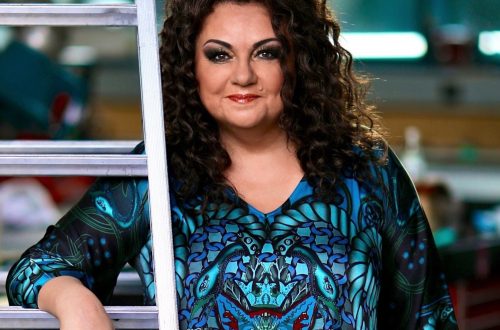
Rosanna Carteri (Rosanna Carteri) |
Rosanna Carteri
This woman did an amazing thing. In the prime of her career, she left the stage for the sake of her family and children. And it’s not that a wealthy businessman husband demanded that his wife leave the stage, no! There was an atmosphere of peace and harmony in the house. She made the decision herself, which neither the public, nor the journalists, nor the impresario wanted to believe.
Thus, the opera world lost a prima donna who competed with such divas as Maria Callas and Renata Tebaldi, who sang with such luminaries as Mario del Monaco, Giuseppe di Stefano. Now few people remember her, except perhaps specialists and opera fanatics. Not every musical encyclopedia or vocal history book mentions her name. And you should remember and know!
Rosanna Cartery was born in 1930 in a happy family, among the “sea” of love and prosperity. Her father ran a shoe factory, and her mother was a housewife who never fulfilled her youthful dream of becoming a singer. She passed on her passion to her daughter, whom she began to introduce to singing from childhood. The idol in the family was Maria Canilla.
The mother’s expectations were justified. The girl has a great talent. After several years of studies with venerable private teachers, she first appeared on stage at the age of 15 in the town of Schio to participate in a concert with Aureliano Pertile, whose career was already coming to an end (he left the stage in 1946). The debut was very successful. This is followed by a victory in the competition on the radio, after which the performances on the air become regular.
The real professional debut took place in 1949 in the Roman Baths of Caracalla. As is often the case, chance helped. Renata Tebaldi, who performed here at Lohengrin, asked the administration to release her from the last performance. And then, to replace the great prima donna in the party of Elsa, an unknown eighteen-year-old Carteri came out. The success was enormous. He opened the way for the young singer to the largest stages of the world.
In 1951, she made her debut at La Scala in N. Piccini’s opera Cecchina, or the Good Daughter, and subsequently performed repeatedly on the leading Italian stage (1952, Mimi; 1953, Gilda; 1954, Adina in L’elisir d’amore; 1955, Michaela; 1958, Liu et al.).
In 1952 Carteri sang the role of Desdemona in Othello conducted by W. Furtwängler at the Salzburg Festival. Later, this role of the singer was captured in the film-opera “Othello” (1958), where her partner was the best “Moor” of the 20th century, the great Mario del Monaco. In 1953, Prokofiev’s opera War and Peace was staged for the first time on the European stage at the Florentine Musical May festival. Carteri sang the part of Natasha in this production. The singers had another Russian part in their asset – Parasya in Mussorgsky’s Sorochinskaya Fair.
Carteri’s further career is a rapid entry into the elite of world operatic vocals. She is applauded by Chicago and London, Buenos Aires and Paris, not to mention Italian cities. Among the many roles are also Violetta, Mimi, Margherita, Zerlina, parts in operas by Italian composers of the 20th century (Wolf-Ferrari, Pizzetti, Rossellini, Castelnuovo-Tedesco, Mannino).
Fruitful activity Carteri and in the field of sound recording. In 1952 she participated in the first studio recording of William Tell (Matilda, conductor M. Rossi). In the same year she recorded La bohème with G. Santini. Live recordings include Falstaff (Alice), Turandot (Liu), Carmen (Micaela), La Traviata (Violetta) and others. In these recordings, Carteri’s voice sounds bright, with intonation richness and genuine Italian warmth.
And suddenly everything breaks. Before the birth of her second child in 1964, Rosanna Carteri decides to leave the stage…
E. Tsodokov





